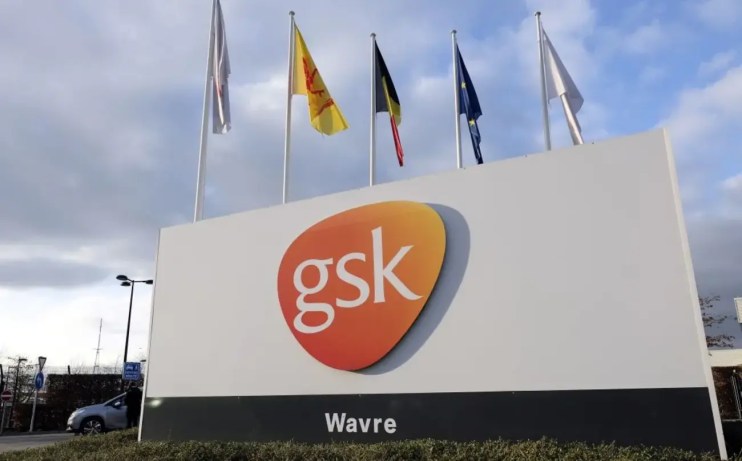GSK raises 2024 guidance after strong vaccine sales

London-listed pharma giant GSK has raised its full-year guidance even as operating profit tumbled in its first-quarter results.
GSK said it now expected core operating profit growth of nine per cent to 11 per cent for the full year 2024, up from the previous forecast of seven per cent to 10 per cent.
It has also raised guidance for core earnings per share (EPS) growth of eight per cent to 10 per cent, higher than the six per cent to nine per cent it had predicted before.
GSK said it had raised guidance on the back of strong performance across all products, especially vaccines and speciality medicines.
In its first quarter, the British company said sales rose 10 per cent to £7.4bn but total operating profit fell 18 per cent to £1.49bn, which GSK blamed on higher charges for contingent consideration, also known as an earn-out.
A successful Zejula royalty dispute appeal also boosted the quarterly results and GSK expects higher royalty income for the year.
Cash generated from operations exceeded £1bn with free cash flow of £0.3bn.
The company said its dividend policy remained unchanged and it would declare a dividend of 15p per share for the first quarter of 2024 and 60p for the full-year.
Emma Walmsley, chief executive officer of GSK said: “We have made a strong start to 2024, with another quarter of excellent performance and continued pipeline progress, including positive data read outs for 4 phase III medicines.
“These, together with other R&D achievements, mean we have strengthened prospects for growth in all of our key therapeutic areas this quarter: infectious diseases, HIV, respiratory/immunology and oncology.
“We expect this strong momentum to continue, and look forward to delivering another year of meaningful growth in sales and earnings in 2024,” she added.
GSK has been focused on developing new medicines and vaccines. These have yet to pay off, but the company has reported a pipeline of 71 assets, predicted to contain at least 12 major new products to be launched from 2025 onwards.